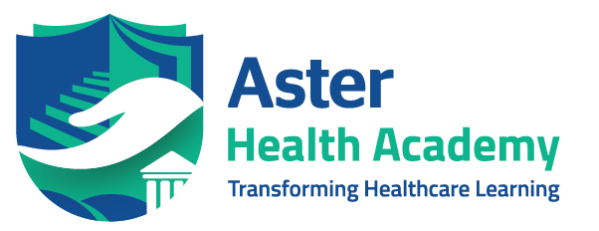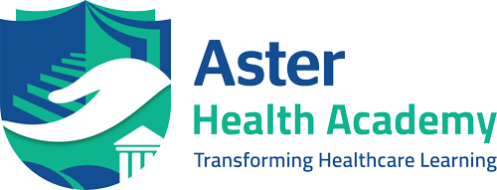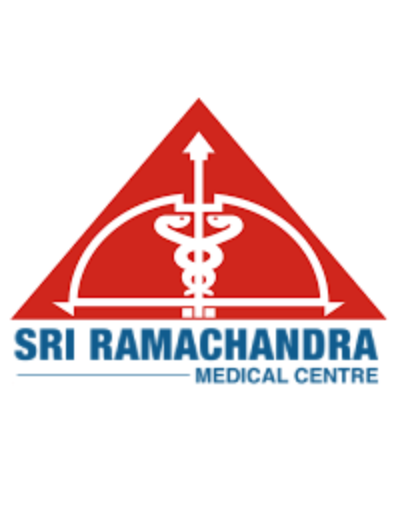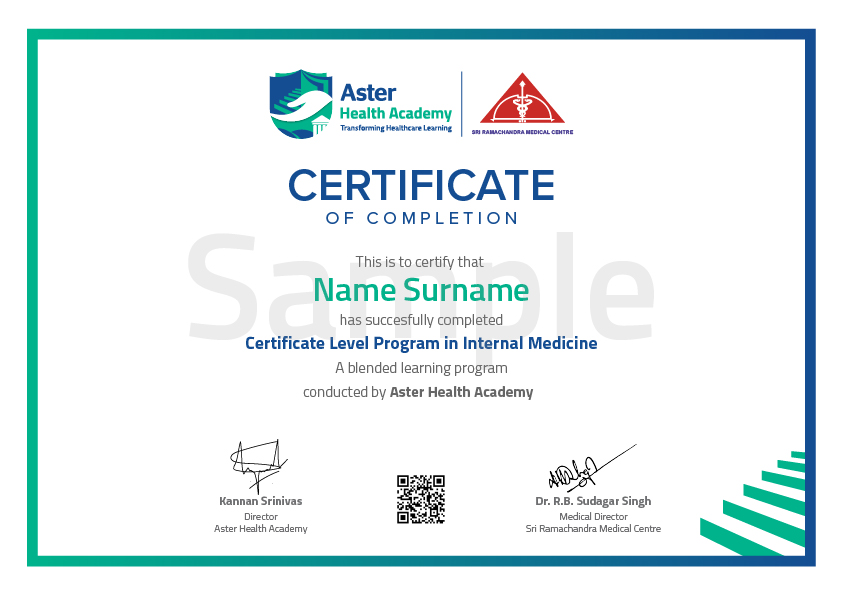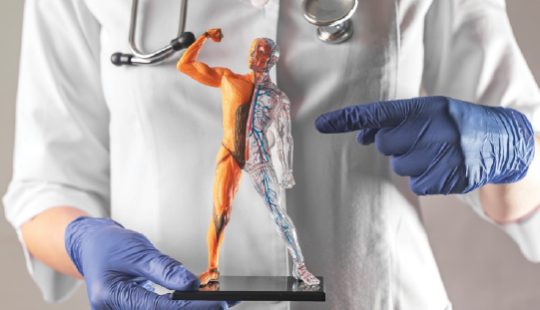
About the course:
Curriculum:
Module 1- Fundamentals of Internal Medicine
1
Introduction to Internal Medicine
2
Approach to the Patient
3
Use and Interpretation of Diagnostic Tests
4
Clinical Decision-Making
5
Ethical Issues in Clinical Medicine
6
Decision-Making in Prescribing
Module 2- Clinical Pharmacology & Therapeautics
1
Principles of Rational Drug Use
2
Pharmacodynamics
3
Pharmacokinetics
4
Drug Interactions and Monitoring
5
Adverse Drug Reactions
6
Advanced Therapeutics
Module 3: Common Symptoms and Initial Management
1
Fever and Infectious Syndromes
2
Pain Management and Palliative Care
3
Weight Loss and Anemia
4
Syncope and Dizziness
Module 4: Cardiovascular System – I
1
Cardiovascular Anatomy
2
Cardiovascular Physiology
3
Approach to a Patient with Possible Cardiovascular Disease
4
Common Diagnostic Methods in Cardiology
5
Chest X-Ray
6
Electrocardiogram (ECG)
7
Abnormal Electrocardiogram
8
Echocardiography
Module 5: Cardiovascular System – II
1
Hypertension
2
Coronary Artery Disease (CAD)
3
Heart Failure
4
Common Arrhythmias
5
Peripheral Arterial Disease (PAD)
6
Diseases of the Aorta
7
Valvular Heart Diseases
8
Congenital Heart Disease
9
Infective Endocarditis and Infections of Indwelling Devices
Module 6: Respiratory System – I
1
Fundamentals of Respiratory Physiology and Diagnosis
2
Approach to Dyspnea and Cough
3
Pneumonia
4
Chronic Obstructive Pulmonary Disease (COPD)
5
Asthma
6
Restrictive and Interstitial Lung Diseases
Module 7: Respiratory System – II
1
Respiratory Infections and Tuberculosis
2
Pulmonary Vascular Diseases and Critical Care Pulmonology
Module 8: Nephrology and Urology
1
Approach to a Patient with Renal or Urinary Tract Disease
2
Acute Kidney Injury (AKI)
3
Chronic Kidney Disease (CKD)
4
Glomerular Diseases
5
Tubulointerstitial Diseases
6
Nephrolithiasis and Urinary Tract Obstruction
7
Renal Involvement in Systemic Conditions
8
Drugs and the Kidney
Who this course is for:
Sample Certificate:
FAQ:
+ GST as applicable
Academic Team
Curriculum:
Module 1- Fundamentals of Internal Medicine
1
Introduction to Internal Medicine
2
Approach to the Patient
3
Use and Interpretation of Diagnostic Tests
4
Clinical Decision-Making
5
Ethical Issues in Clinical Medicine
6
Decision-Making in Prescribing
Module 2- Clinical Pharmacology & Therapeautics
1
Principles of Rational Drug Use
2
Pharmacodynamics
3
Pharmacokinetics
4
Drug Interactions and Monitoring
5
Adverse Drug Reactions
6
Advanced Therapeutics
Module 3: Common Symptoms and Initial Management
1
Fever and Infectious Syndromes
2
Pain Management and Palliative Care
3
Weight Loss and Anemia
4
Syncope and Dizziness
Module 4: Cardiovascular System – I
1
Cardiovascular Anatomy
2
Cardiovascular Physiology
3
Approach to a Patient with Possible Cardiovascular Disease
4
Common Diagnostic Methods in Cardiology
5
Chest X-Ray
6
Electrocardiogram (ECG)
7
Abnormal Electrocardiogram
8
Echocardiography
Module 5: Cardiovascular System – II
1
Hypertension
2
Coronary Artery Disease (CAD)
3
Heart Failure
4
Common Arrhythmias
5
Peripheral Arterial Disease (PAD)
6
Diseases of the Aorta
7
Valvular Heart Diseases
8
Congenital Heart Disease
9
Infective Endocarditis and Infections of Indwelling Devices
Module 6: Respiratory System – I
1
Fundamentals of Respiratory Physiology and Diagnosis
2
Approach to Dyspnea and Cough
3
Pneumonia
4
Chronic Obstructive Pulmonary Disease (COPD)
5
Asthma
6
Restrictive and Interstitial Lung Diseases
Module 7: Respiratory System – II
1
Respiratory Infections and Tuberculosis
2
Pulmonary Vascular Diseases and Critical Care Pulmonology
Module 8: Nephrology and Urology
1
Approach to a Patient with Renal or Urinary Tract Disease
2
Acute Kidney Injury (AKI)
3
Chronic Kidney Disease (CKD)
4
Glomerular Diseases
5
Tubulointerstitial Diseases
6
Nephrolithiasis and Urinary Tract Obstruction
7
Renal Involvement in Systemic Conditions
8
Drugs and the Kidney
FAQ:
Certificate Level Program in Internal Medicine
Price:
INR 60,000
